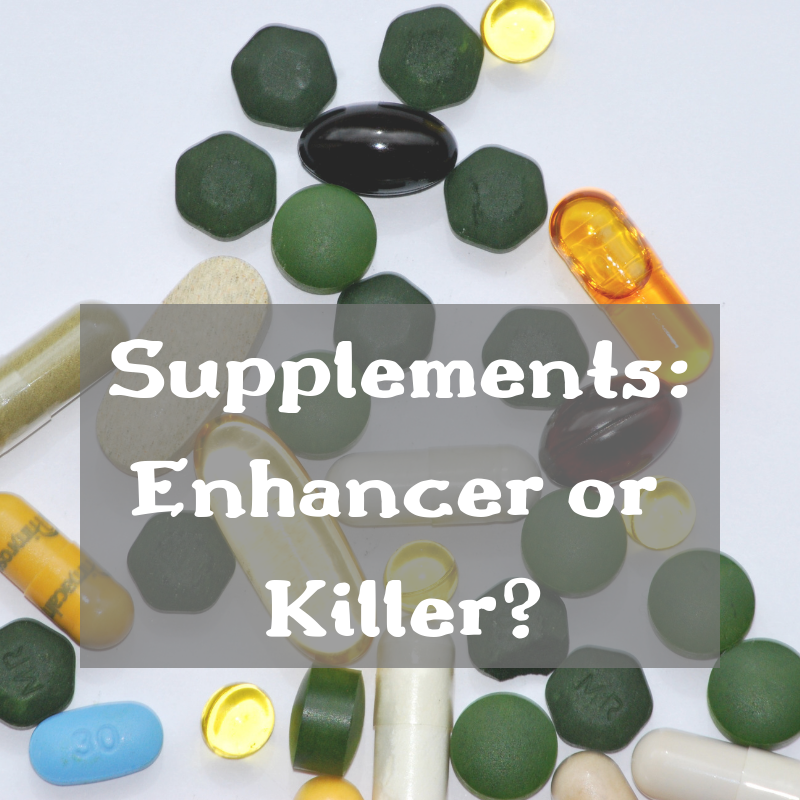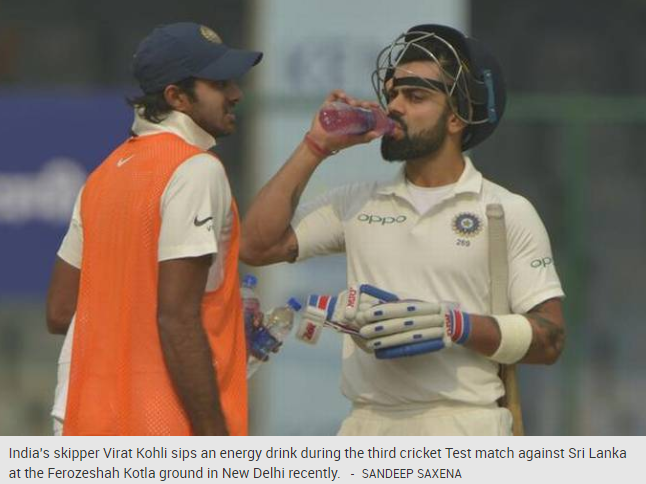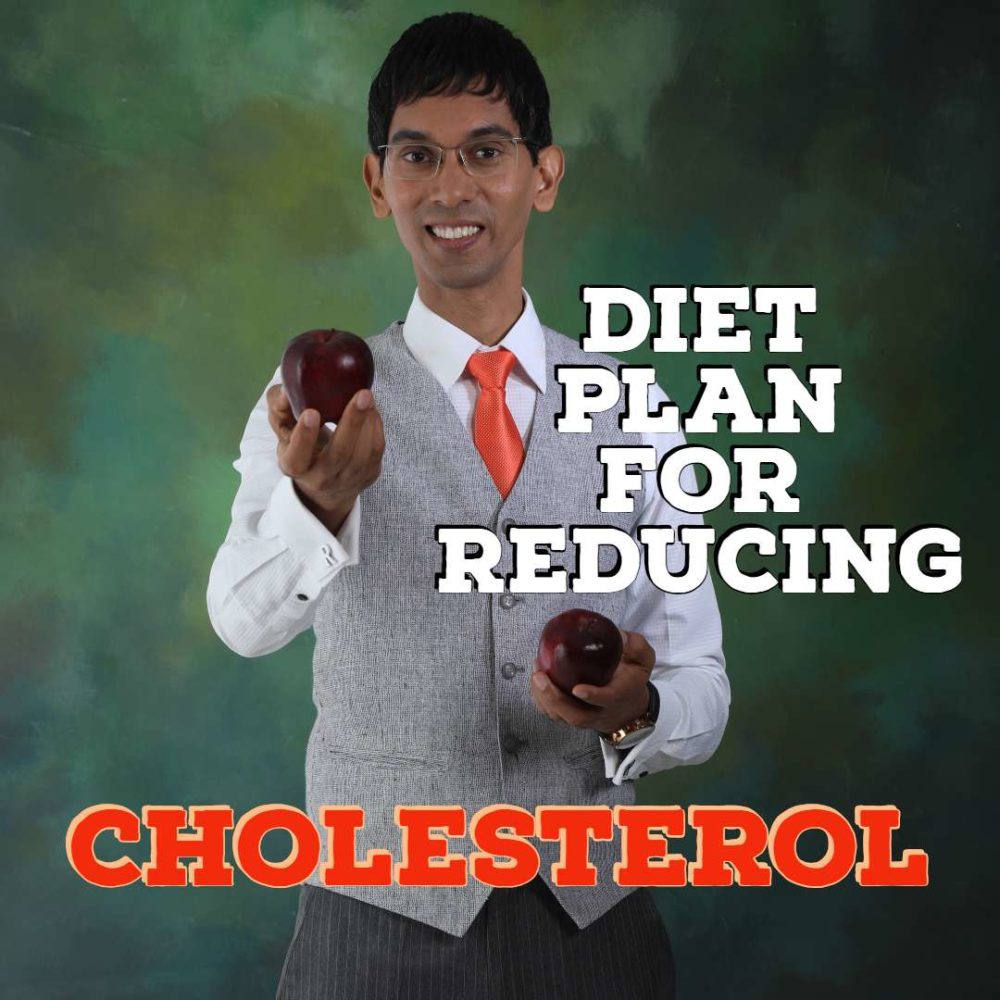Supplements- Enhancer or Killer?

2024-02-26 08:24:34
Supplements- Enhancer or Killer?
Everyone recognises the word supplement. The definition is “A thing added to something else in order to complete or enhance it.” Add the word food supplement and we change the meaning deeply to every athlete. In the last decade I have practised as a nutrition coach I have seen an alarming increase in the uptake of supplements by athletes. This extends even to 10-12 year-old athletes. I am alarmed. One reason is the self-prescription of food supplements by parents, coaches, trainers and physiotherapists, and it is harmful when not done by an nutritional expert. The second reason is the spurious nature of food supplements being produced in garages and slum factories by unscrupulous agents of illegal profiteering. So, either the wrong molecule or a fake molecule is harming your body.

About two years back, an article in the local news confirmed my worst fears; a food supplement dealer in North India was manufacturing own supplements. What shocked me was the digital printing of labels which was a counterfeiting operation to replicate foreign-made products. What was even more criminal was the use of steroid based tablets in the mixture of one product to enhance the efficacy of the product so as to give results to the consumers in the muscle building industry, who would then highly recommend this spurious powder to other unsuspecting consumers. This media report left a scarred image in my mind and since then I do not trust any food supplement placed in front of me. As a nutrition coach to the superstars, I needed to do my research and I came up with this checklist formula for the safety of athletes.
1. Do I know what the athlete needs to eat as food?
2. Does the athlete require a food supplement or nutritional booster?
3. Have I done a blood test to determine nutritional deficiencies or excesses?
4. How is the digestive system of the athlete? Is the dietary intake balanced and sufficient to meet the calorie and training goals?
5. Can they keep up their calorie consumption via more meals? Am I monitoring the food intake, choices and can I enhance them?
6. Are there any genetic markers that display additional nutritional supplementation?
7. Will consumption of a supplement serve as an insurance policy against injury or fatigue?
8. Is the supplement on the Informed Choice quality program or BSG (banned substances group)?
9. Are any molecules in the supplement label on WADA’s banned list?
10. Have I visited the factory of the supplement manufacturer?
11. What are the good practices with the manufacturer & are they reputed?
Nutrition via normal food has to be 100% accurate towards delivering energy, performance and recovery. Athletes who do not eat scientifically with a nutrition plan and only rely on food supplements are really fooling their body into a false sense of operation. In time the body will breakdown and injure itself. Supplements are a nutritional convenience to the athlete’s nutritional indiscipline. Proper DIET is the first solution to creating power and winning in an athlete’s body. Supplements represent the second solution when done in proper consultation with a good sports nutritionist. My philosophy is that no supplement is a super pill.
Go with molecules that are found in the human body
I recommend Protein ( whey, casein, soy and green pea proteins in isolate form), multivitamins, vitamins in singular form, minerals in singular or paired forms, amino acids, fatty acids and carbohydrates in simple forms such as glucose, dextrose and ribose. I am very cautious (scientifically inclined only) on products that are not part of the human body.
One supplement does not fit all
I had a client who was a tennis player, but the lactoferrin found in whey protein was causing more mucous secretion and in turn causing sinus clogging. She went to a battery of medical and ayurveda experts to make her headaches go away. She came to our Sports Nutrition clinic and we immediately knew that whey protein does enhance mucous secretion in some of our clients. So we shifted her to pure free-form amino acids. In three weeks, no more headaches! You need to know your supplements and their effects on the body and know that it varies from athlete to athlete. Bottomline — you need to understand a supplement and then also wait for the supplement to understand your body.
Timing of supplements is more crucial as compared to dosage
In our experience with hundreds of athletes we have seen that the wrong time does not come to the aid of the athlete, instead it actually hinders the athlete’s recovery cycle. Plan well — with a logic that you understand the digestion and assimilation of the product into the body and then proceed with your strategy.
Supplements are not a fashion statement!
Gym trainers believe that changing a supplement every two months pushes the body to working for a better result. I strongly disagree. Just as we recommend ghar ka khana (home made food) is the best as compared to restaurant food… I suggest that supplements, too, need to remain familiar to your body and it’s gut for at least six months. If food is to take effect and enable a holistic as well as a performance benefit, it needs time to work. If any supplement delivers results in less than four weeks, I put a huge suspect sign on this wonder drug (illegal stuff in it). Give any product time to deliver its health and performance benefits.
Don’t blindly trust supplement facts / claims / literature
As a nutritionist I always put supplements and their companies on the block! Supplement companies have smart marketing managers who may skew facts or interpret data for a profitable gain. With a research team at our clinic we find clinic studies or sites that guide us to interpret what the supplements do and contain, not for what you can interpret as a lay person. For example, liquid serum creatine is not the superlative version of creatine monohydrate. In fact, a clear scientific study shows that micronised creatine monohydrate, in powder form, has the best absorption and hence efficacy. Don’t be fooled. Be smart and question to enhance your knowledge bank. Better still, meet an expert and get guided advice.
For parents and coaches — Do not self-medicate with supplements. You will harm your kids’ kidney or liver
For under-14 years of age meet a paediatric sports nutritionist. A professional nutritionist will guide you based on blood tests and the requirement to change from a sports diet first perspective. Supplements can enter once one masters the art of eating for performance.




